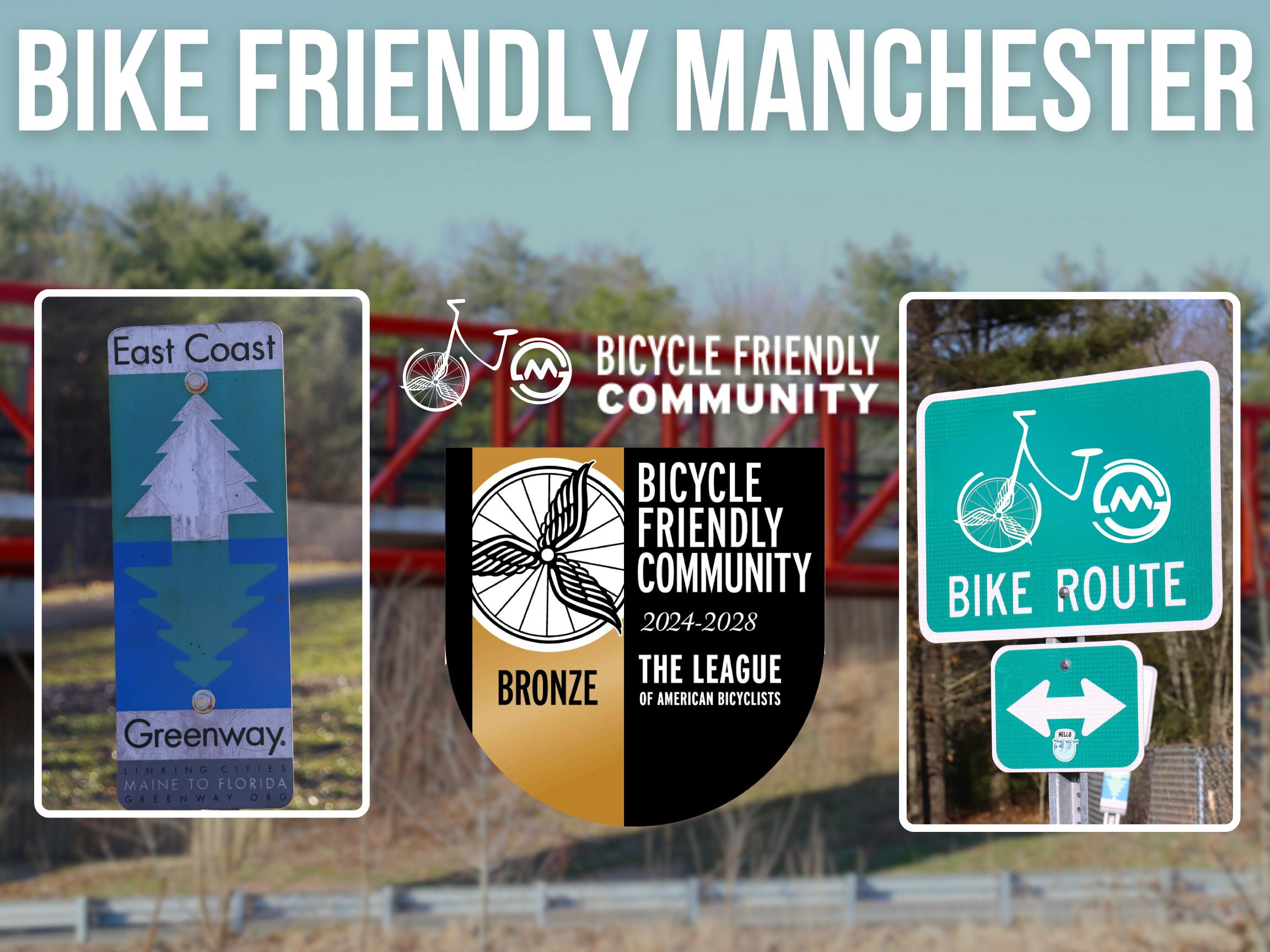Diversity, Equity, and Inclusion with the Bike Friendly Community

Becoming a bike-friendly community through initiatives like the League of American Bicyclists' National Bike Friendly Community designation can positively impact diversity, equity, and inclusion in several ways:
1. Accessibility: Improving biking infrastructure and promoting cycling can make transportation more accessible to individuals who may not have access to or prefer not to use cars. This includes low-income communities, where car ownership may be less common. By providing safe and convenient biking options, the initiative can enhance mobility and access to essential services, education, and job opportunities for underserved populations.
2. Health Equity: Encouraging biking promotes physical activity and can contribute to improved public health outcomes. Access to safe biking infrastructure allows individuals of all ages, abilities, and socioeconomic backgrounds to engage in active transportation, reducing disparities in health outcomes related to physical inactivity and chronic diseases.
3. Community Engagement: Biking initiatives often foster community engagement and social connections. By creating opportunities for residents to participate in group rides, bike-related events, and advocacy efforts, the initiative can bring diverse community members together, fostering a sense of belonging and strengthening social ties across different demographic groups.
4. Education and Empowerment: Biking initiatives can provide education and resources to empower individuals with the knowledge and skills to navigate their communities safely and confidently by bike. This includes bike safety classes, repair workshops, and outreach programs targeted at underserved communities. By equipping residents with the tools and confidence to cycle, the initiative promotes self-sufficiency and independence, particularly among youth and marginalized populations.
5. Environmental Justice: Promoting biking as a sustainable mode of transportation aligns with environmental justice principles by reducing air pollution and greenhouse gas emissions that disproportionately affect marginalized communities. By prioritizing investments in biking infrastructure in underserved areas, the initiative can address environmental inequalities and improve the quality of life for all residents.
Overall, a bike-friendly initiative can play a significant role in advancing diversity, equity, and inclusion by improving access to transportation, promoting physical and mental well-being, fostering community connections, and addressing environmental and social justice issues within the community.


